Understanding Resistivity Meters for Concrete
The resistivity meter for concrete is an essential tool in assessing the durability and longevity of concrete structures. By measuring the electrical resistivity of concrete, these devices provide valuable insights into the likelihood of corrosion and the overall quality of the construction material. This category encompasses a variety of instruments tailored to different aspects of concrete testing and analysis.
Types of Concrete Resistivity Meters
Among the various types available, the concrete resistivity probe is known for its direct contact method, offering precise measurements. The concrete surface resistivity meter, on the other hand, is designed for non-destructive testing, allowing for rapid assessment without damaging the concrete. For a more comprehensive analysis, the resipod concrete resistivity meter stands out as a popular choice among professionals for its portability and ease of use.
Applications of Resistivity Testing Equipment
Resistivity meters are not just limited to measuring concrete's electrical properties. They play a crucial role in monitoring the curing process, evaluating the moisture content, and predicting the rate of corrosion within reinforcement bars. The concrete resistivity equipment is therefore indispensable in both pre-construction quality control and post-construction maintenance and repair.
Features and Advantages of Resistivity Meters
The primary advantage of using a resistivity meter for concrete is its ability to provide immediate feedback on the condition of concrete, which is critical for safety and maintenance planning. These meters are designed with user-friendly interfaces and are equipped with sensors that can cover different surface areas, ensuring comprehensive coverage and accurate readings.
Materials and Construction of Resistivity Meters
Durability is a key factor in the design of resipod resistivity meters. They are typically constructed from robust materials capable of withstanding harsh construction environments. The probes and sensors are made from conductive metals that ensure consistent and reliable measurements over time.
Selecting the Right Resistivity Meter
Choosing the correct resistivity meter for concrete depends on the specific requirements of the project. Factors to consider include the size of the area to be tested, the desired accuracy of the readings, and the environmental conditions in which the meter will be used. It is important to select a meter that is not only accurate but also compatible with the concrete mix and construction methodology used.






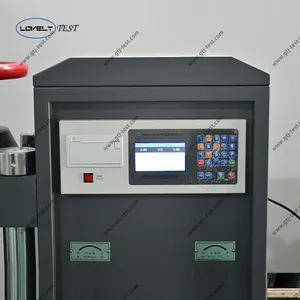





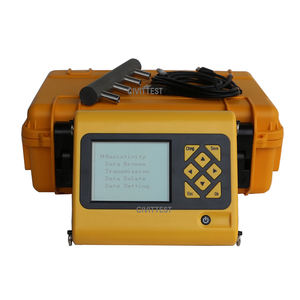




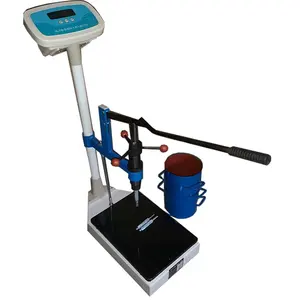
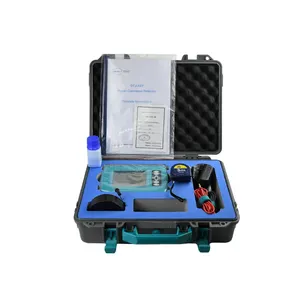
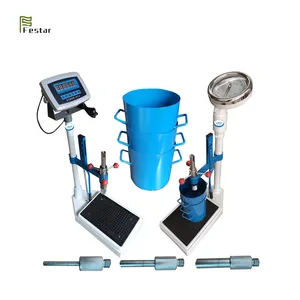
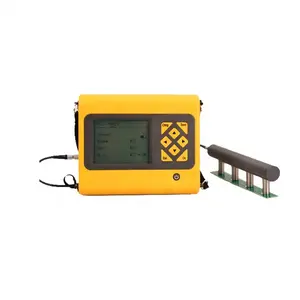
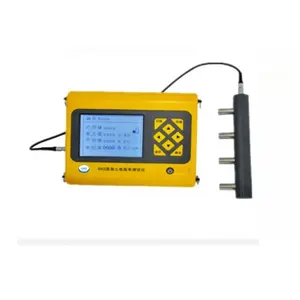

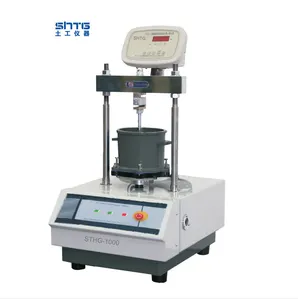





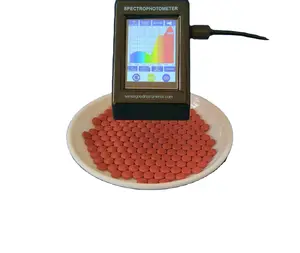
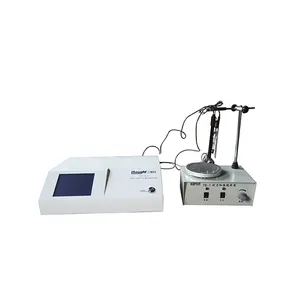

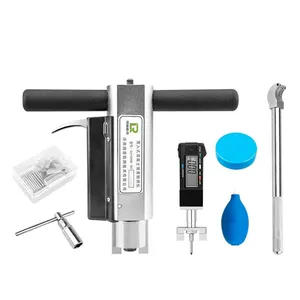




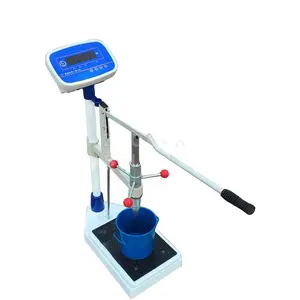

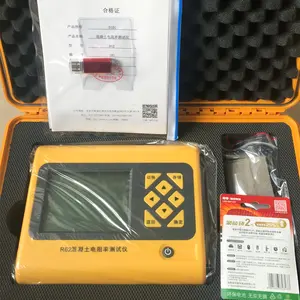
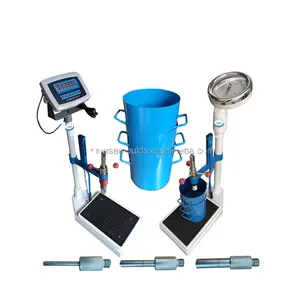

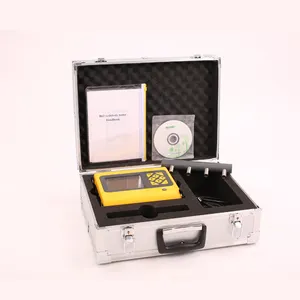

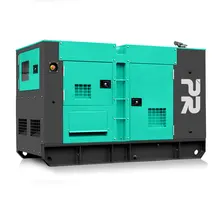



























 浙公网安备 33010002000092号
浙公网安备 33010002000092号 浙B2-20120091-4
浙B2-20120091-4